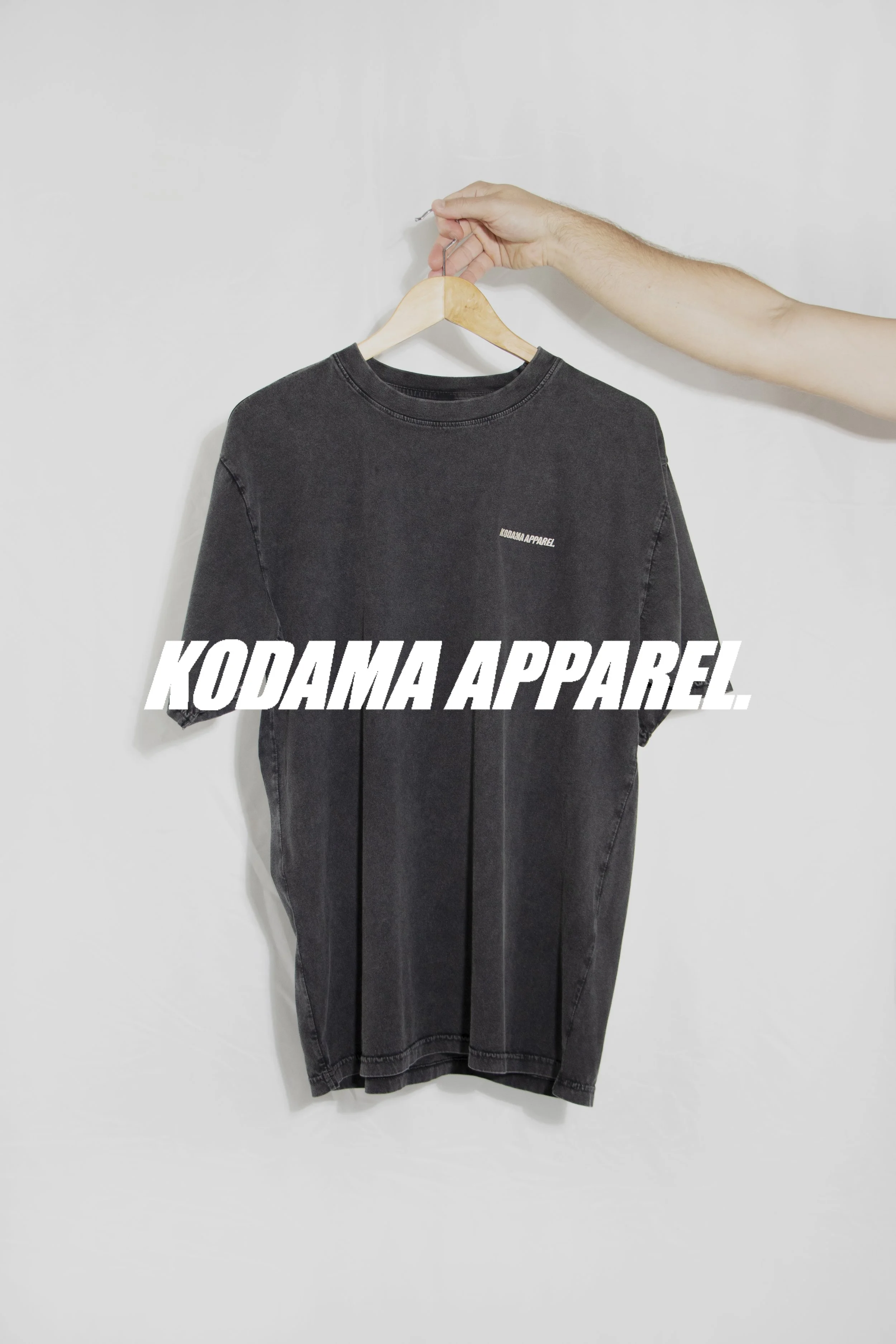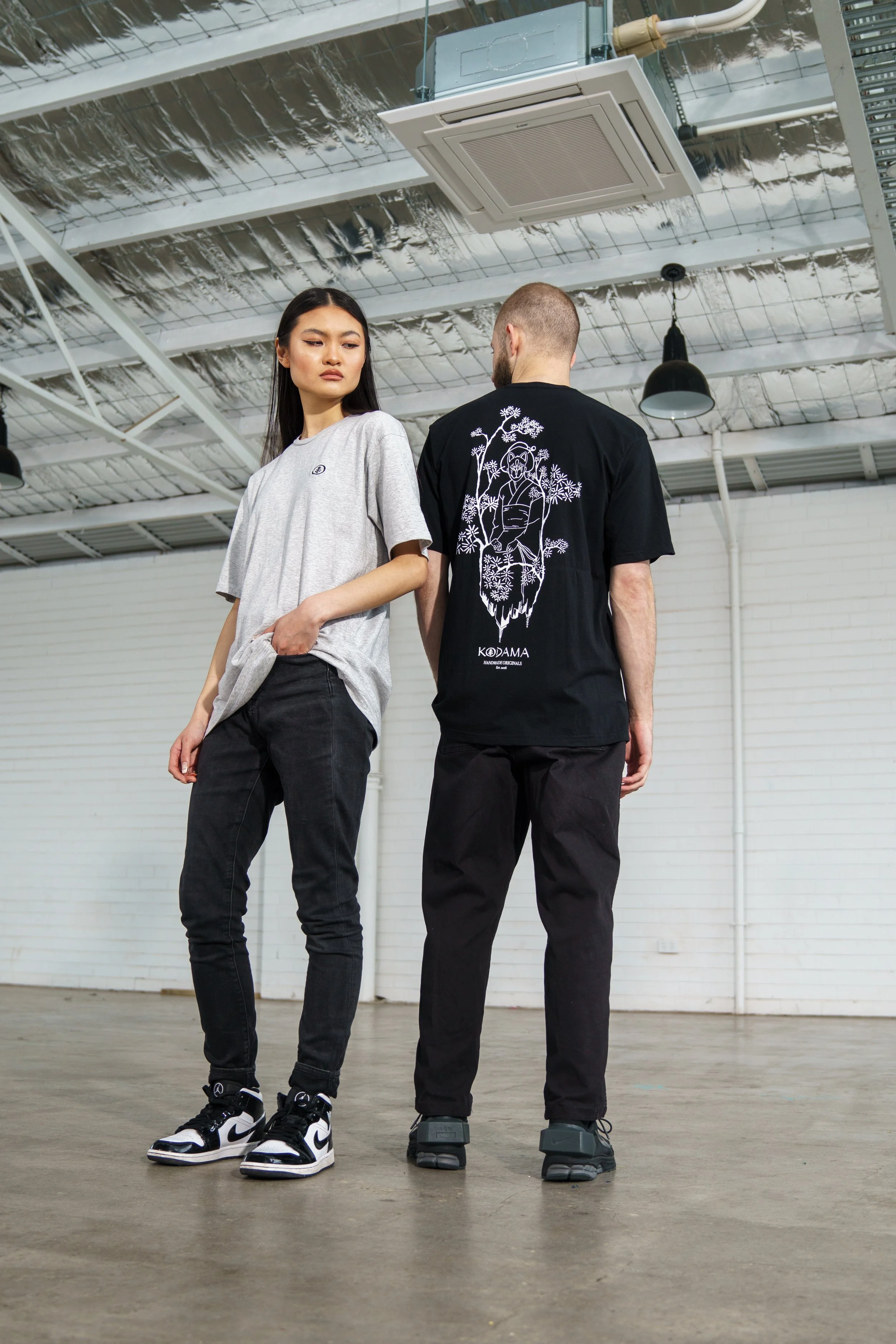Kodama Apparel: The Streetwear Brand Marrying Cool and Sustainable
Introducing the brand merging unisex street style with minimalism and sustainability; Kodama Apparel. Founded by Natsuko Kondo, these sleek styles incorporate elements of Japanese-inspired silhouettes and colors to create a trans-national streetwear language.
Check out this interview:
When and why did you start Kodama Apparel?
Image via Kodama Apparel
After graduating from my fashion degree, I started working as a product developer for different apparel companies. Over the years coordinating production from small to mass scale businesses, I realised how wasteful the apparel industry was.
In 2016, I came up with the idea of starting a sustainable streetwear brand and have slowly built Kodama Apparel since then.
How do you define sustainability?
I think true sustainable fashion is where you can create designs without compromising the environment – from raw material production/farming to finished product.
We need to then look at how long clothes are worn, how much of them gets thrown out, and see how we can close the loop to establish circular economy.
Image via Kodama Apparel
Producing clothes using eco-friendly/recycled materials isn’t sustainable enough, and I feel the traditional fashion business model has to change.
In the current economy brands design, produce and sell stock-on-hand clothes.
‘Dead stock’ appears a lot in the apparel industry and where do these garments go if they don’t sell? How many of them actually get recycled?
What’s the point of making clothes if no one buys or wears them?
I’m even exploring more efficient ways clothes can be made, and hope to announce some changes for Kodama Apparel soon.
In what ways does your Japanese heritage influence your brand?
I’m most influenced when I design, and I’m inspired by other Japanese streetwear brands. I enjoy exploring different silhouettes, colours and applications that adds a subtle touch that represents my heritage.
Image via Kodama Apparel
What were the greatest challenges in achieving your zero waste goals? How can smaller businesses with a vision adhere to more sustainable practices?
Image via Kodama Apparel
I’m going through a few boxes full of off-cut fabrics I’ve accumulated from past collections. Working through on your own is a lot of work.
Off-cut fabrics come in different shapes and sizes which challenge your creativity and it’s quite fun.
No matter the size of your business, I think there are ways to help reduce waste output by assessing your production process and how that can be more efficient. They might be small changes but can go a long way.
Also, there are a lot of clothes that don’t make it to shops or don’t get recycled because they are too damaged or in unrecyclable contents. We can help reduce existing waste by reutilizing them and diverting them away from landfills.
Other important practices to keep in mind are to have your supply chain as transparent as possible and work with ethical suppliers.
What have been the greatest rewards in creating unisex clothes?
Great thing about creating unisex clothes are that all genders can appreciate wearing them - that ultimately makes the clothes more versatile.
Fashion should be inclusive. There’s a feel of comfort in genderless clothes and I enjoy translating that into my designs.
How do you envision the future of fashion sustainability?
Circular fashion is the future. I’m aiming at establishing a fully ethical/transparent production chain where clothes can be made without wasting and polluting, but instead giving cleaner resources back to the environment.
The goal is not to stop making clothes but focus on reutilising existing textile/clothing waste, recycled cotton/polyester – creating designs with what we’ve got.
Durability and quality of products are crucial to slow fashion, as they should be made to last.
Have you ever asked yourself:
How your clothes are made? Is it made locally?
Is it made from organic, recycled materials?
Are they made to last?
Have you looked at the labels and wondered how transparent your favourite brands are?
Next time you want to buy new clothes, considering above questions could go a long way. Love your clothes like best friends and feel good wearing them for many years to come.




